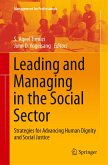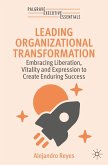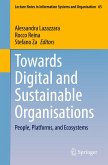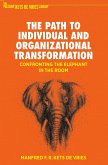This book describes how community-based organizations prioritize stakeholders access to basic needs, autonomy, and capabilities development. Through analysis of nineteen organizations across multiple sectors, including food, energy, healthcare, mobility, housing, and finance, the research highlights key organizational characteristics enabling this: primarily, ethical coordination and the ethos of prosociality, the genuine involvement of those most concerned, multidimensional goal and value systems, and practices of sharing, resource pooling and sufficiency.
The book argues that meeting everyone's basic needs with far lower resource and energy use than contemporary unsustainable arrangements, which drives limitless and unequal material growth, is possible and is foremost not a technological production challenge. Instead, sustainability efforts should be directed towards collective action. The community-based organizations in this study offer real-life cases of social arrangements protecting and nurturing the primacy of needs fulfillment against ideas and practices of limitless growth and ungeneralizable excess.
Combining theoretical framing with empirical case studies, this book will be of great interest to students, researchers, activists, practitioners, and policymakers engaged with sustainability. It offers actionable insights for transforming production-consumption systems to support human and ecological well-being.
The book argues that meeting everyone's basic needs with far lower resource and energy use than contemporary unsustainable arrangements, which drives limitless and unequal material growth, is possible and is foremost not a technological production challenge. Instead, sustainability efforts should be directed towards collective action. The community-based organizations in this study offer real-life cases of social arrangements protecting and nurturing the primacy of needs fulfillment against ideas and practices of limitless growth and ungeneralizable excess.
Combining theoretical framing with empirical case studies, this book will be of great interest to students, researchers, activists, practitioners, and policymakers engaged with sustainability. It offers actionable insights for transforming production-consumption systems to support human and ecological well-being.








